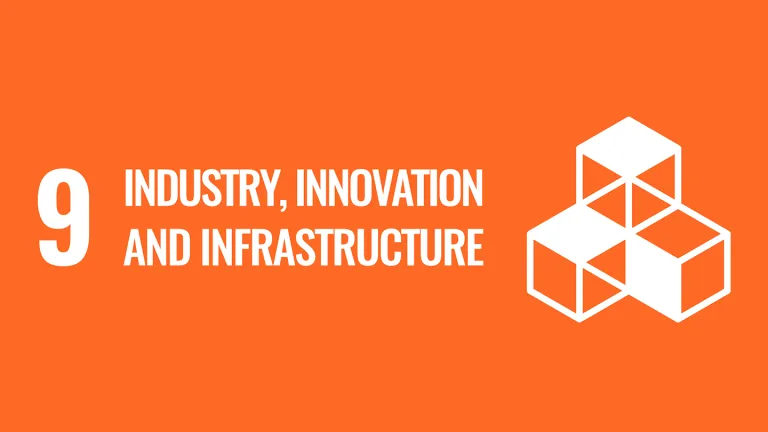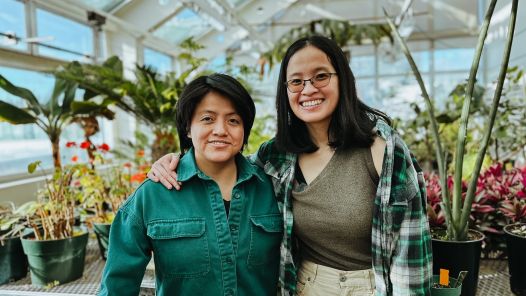
"Build resilient infrastructure, promote sustainable industrialization and foster innovation."
UNBC Campus Master Plan: Destination 2040
The UNBC Campus Master Plan is a framework for decision-making about development on campus, with a planning horizon to the year 2040. This plan helps shape the evolution of campus and create a physical manifestation of the aspirations of the campus community. While the vision and objectives apply to UNBC in its entirety, the design directives and frameworks apply specifically to the Prince George campus. The UNBC Campus Master Plan: Destination 2040, adopted by the UNBC Board of Governors in May 2019, articulates this vision for the future of UNBC and represents the hundreds of comments, ideas and challenges raised by the campus community throughout the planning process in 2018.
Innovative Infrastructure Projects
Essential to the advancement of innovative research is the acquisition of workhorse and highly advanced infrastructure. UNBC gratefully acknowledges the contributions from the Canada Foundation for Innovation (CFI) and the British Columbia Knowledge Development Fund (BCKDF) that enable researchers to advance research priorities through building capacity and training the next generation of researchers. The CFI administers these projects through various programs, and contributes up to 40% of the cost of a project, with the BCKDF contributing another 40%. The remaining 20% is provided through voluntary discounts from UNBC’s valued vendor partners and donations from other sponsors.
UNBC Advances Timber Innovation for Sustainable Construction
At UNBC’s Wood Innovation Research Lab, Dr. Thomas Tannert leads research that redefines how timber can support sustainable infrastructure in northern B.C. and beyond. As the BC Leadership Chair in Timber Construction, he explains that the global construction sector accounts for over 40 percent of resource consumption and greenhouse-gas emissions, but timber offers a renewable, low-carbon alternative. His team studies how engineered wood can reduce emissions, improve insulation, and capture carbon within building materials—making it a key component of climate-resilient design.
Tannert emphasizes that collaboration and student engagement are central to UNBC’s innovation model. Graduate students drive the lab research, working alongside local companies, steel fabricators, crane operators, and the City of Prince George to test real-world timber systems. These partnerships help position UNBC and the region as leaders in advanced wood engineering, while supporting northern industries in transition from resource extraction to value-added manufacturing.
Passive House Buildings
In July 2018, UNBC completed work on the Wood Innovation Research Lab (WIRL), a Passive House certified laboratory that promotes research excellence in wood engineering. As an industrial building in a northern climate with a large bay door for deliveries and a sophisticated dust-extraction system, WIRL itself is an engineering marvel – and the first of its type to exceed the exacting international standard. Certified Passive House buildings use up to 90 per cent less energy for heating and cooling when compared with standard buildings and use up to 70 per cent less energy overall. WIRL set a new standard for air tightness, securing the second best North American result of any building using the internationally recognized passive house standard. The testing protocol involves both pressurizing and depressurizing the building and measuring the number of air changes per hour that result. With a score of 0.07, WIRL surpassed the Passive House requirement by nearly a factor of 10.
In April of 2021, the Facilities Management Building, the newest building established on UNBC’s Prince George campus, earned the prestigious Passive House designation. This is the second successful Passive House certified build for UNBC.
Sustainability in action at UNBC
Upcoming events
There are currently no events to display.
Explore the SDGs
UNBC is committed to advancing the United Nations Sustainable Development Goals (SDG) through a wide range of initiatives aimed at fostering sustainability, inclusivity, and global responsibility.
